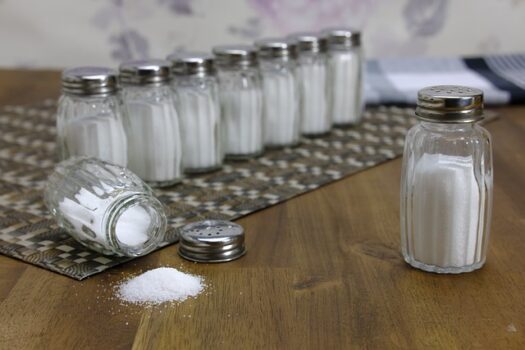Articles about: diet


Salt – how it affects the brain and why we need it
Almost 40% of table salt is sodium. It is the largest source of sodium in our diet. Its excess is unhealthy for many organs, but too little salt is equally harmful. Without sodium, our brain cannot function.
Read more

What diet for insomnia?
By entering “insomnia diet” or “food for insomnia” on Google, you can find a lot of advice: lots of carbohydrates and little protein, omega-3 fatty acids, fish, milk, almonds, walnuts, honey sandwiches, cheese, cabbage … and what does scientific research say about it? As it turns out after reviewing them, not much …
Read more

Abnormal gut microbiota can contribute to anxiety disorders and depression
The human body is home to nearly 100 quintillion bacteria that are essential to health. Their role in digestion is widely known, but recent studies have shown that the intestinal flora also plays an important role in brain function and may play a role in the development of anxiety and mood disorders.
Read more

The role of diet in autism spectrum disorders
It is not difficult to find information on the internet about the benefits of a special diet in children with autism spectrum disorder (ASD). Most often, parents decide to introduce a gluten-free and dairy-free diet, but it is not a problem to find positive information also about other diets. The problem, however, is finding scientific […]
Read more

Omega-3 fatty acids and mental health
It is widely known about the beneficial effects of omega-3 fatty acids on the cardiovascular system, but not everyone knows that these compounds also have a positive effect on mental health. The nervous system contains over 60% fatty acids, of which 30% are polyunsaturated fatty acids, which include omega-3 fatty acids. They take part in […]
Read more